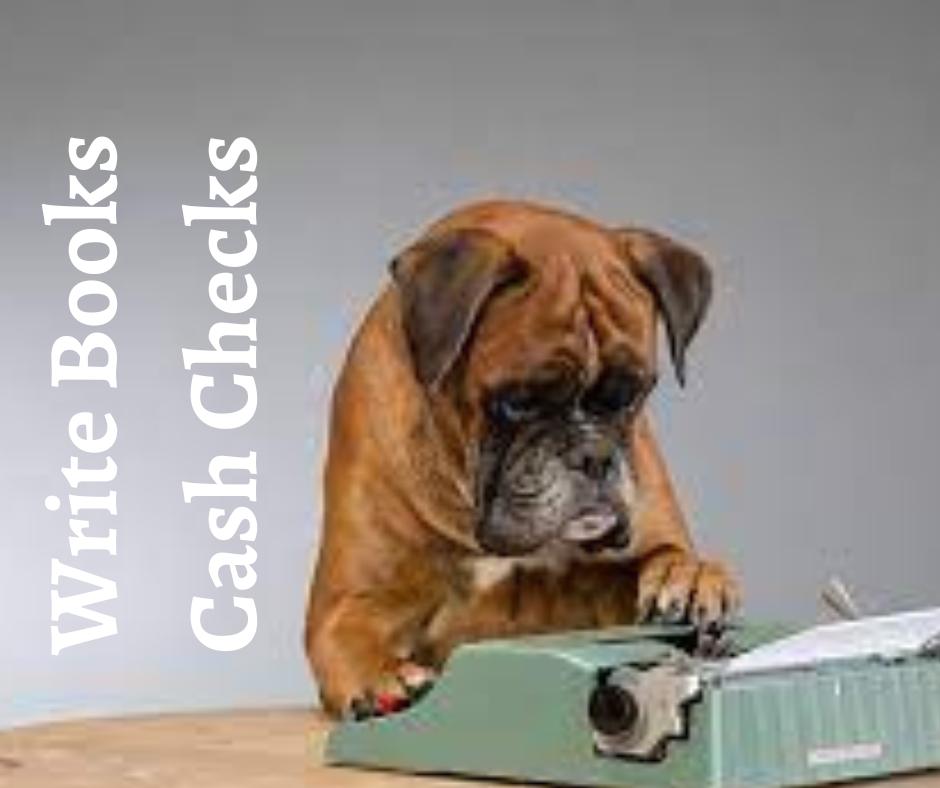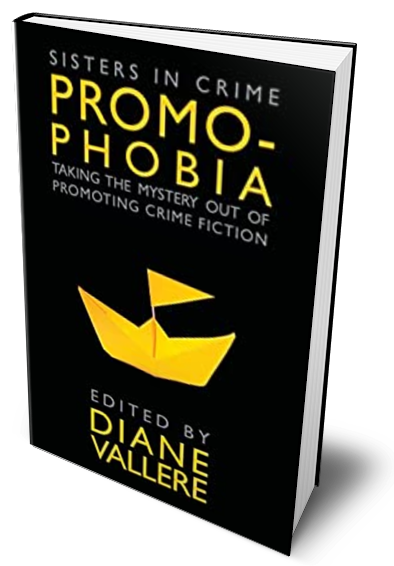Write Books and Cash Checks - Not Quite
/When I was younger, I thought a writer was one who created books and cashed checks (and occasionally did a book signing). When the first contracts arrived, I realized, writing is a business, and you need to treat yours that way.
Guard Your Writing Time - Life gets in the way, and you have so many obligations. You need to schedule time for your writing and call it work. If it’s a hobby or entertainment, it’s not valued for what it is. When people ask what you’re doing, the answer is working.
Schedule Your Writing Time - Make sure you schedule some time (every day if possible) to write and to do research or marketing tasks. When it’s on the calendar and reserved, I tend to treat it like a scheduled, important event.
Brand Yourself - You are a writer. Make sure you have the tools to network. You need business cards and a website. Your tools should all have the same look and feel as your social media sites. Make sure your headshot is professional and is current.
Build Your Email List - Your email list is your list of contacts. Make sure you take a sign-up sheet to all of your events and put a registration form on your website. If your social media platforms go under or you get banned, you will have no way to contact all of those followers. Spend time cultivating your contact list.
Network - Writing is the solitary part, but you need contacts and the support of others. Join writers’ groups in your genre. Many have networking opportunities, classes, and opportunities to share information with other writers. Build your contacts. You never know when you’ll need an editor, cover designer, publicist, etc. Plus, other writers are awesome sources of advice.
Keep up with the Adminy Tasks - Writing is a business. (I’ve said that before.) Make sure you keep up with the details like filing receipts, tracking mileage and expenditures, and paying taxes.
Know That Your Time is Valuable - You can’t do it all. Figure out what tasks you can afford to hire others to help you to do. And this is a tough one, but you have to learn how to say no to things you just can’t do.
This is a tough business and a tough job, but it’s also so rewarding.












